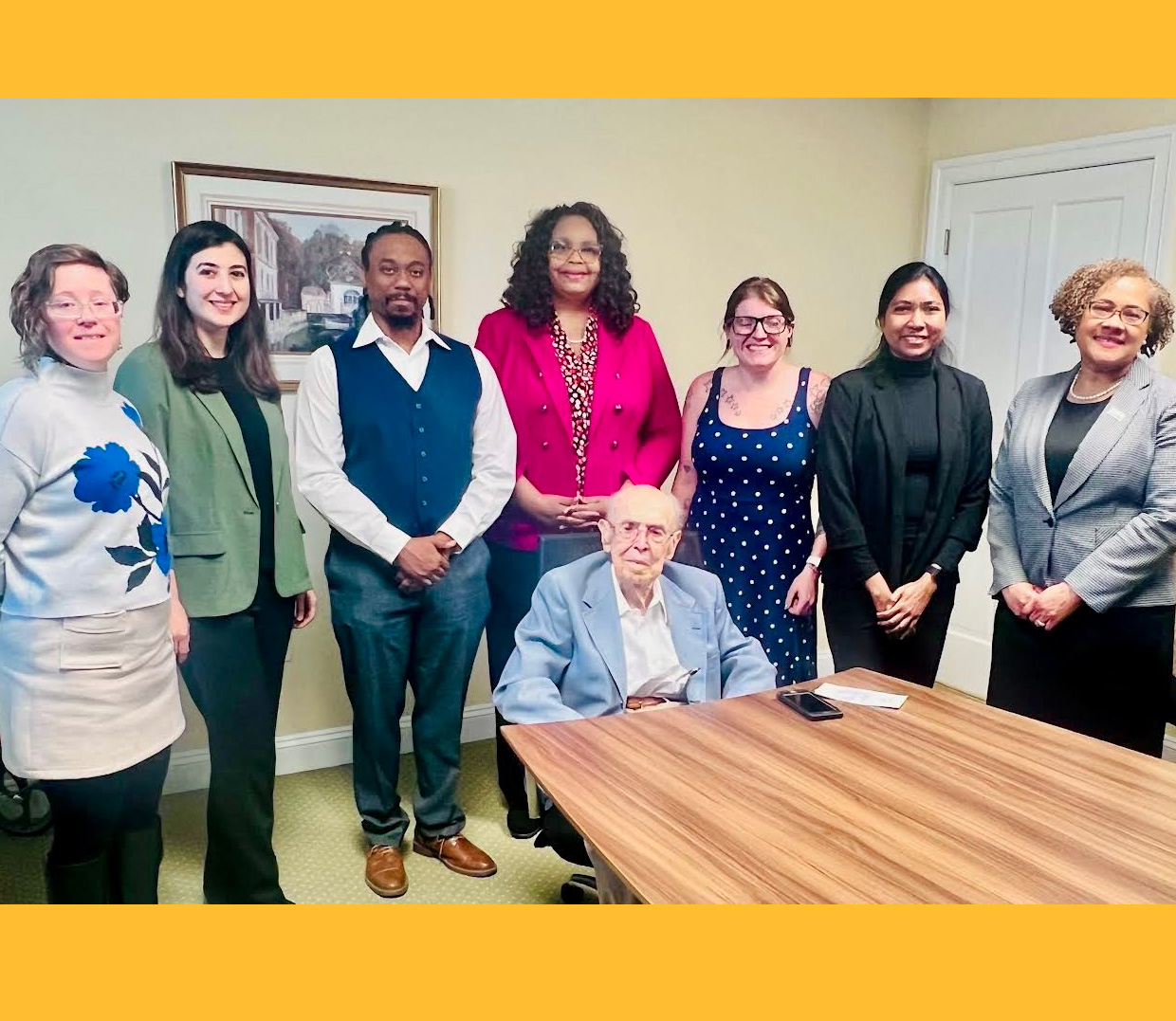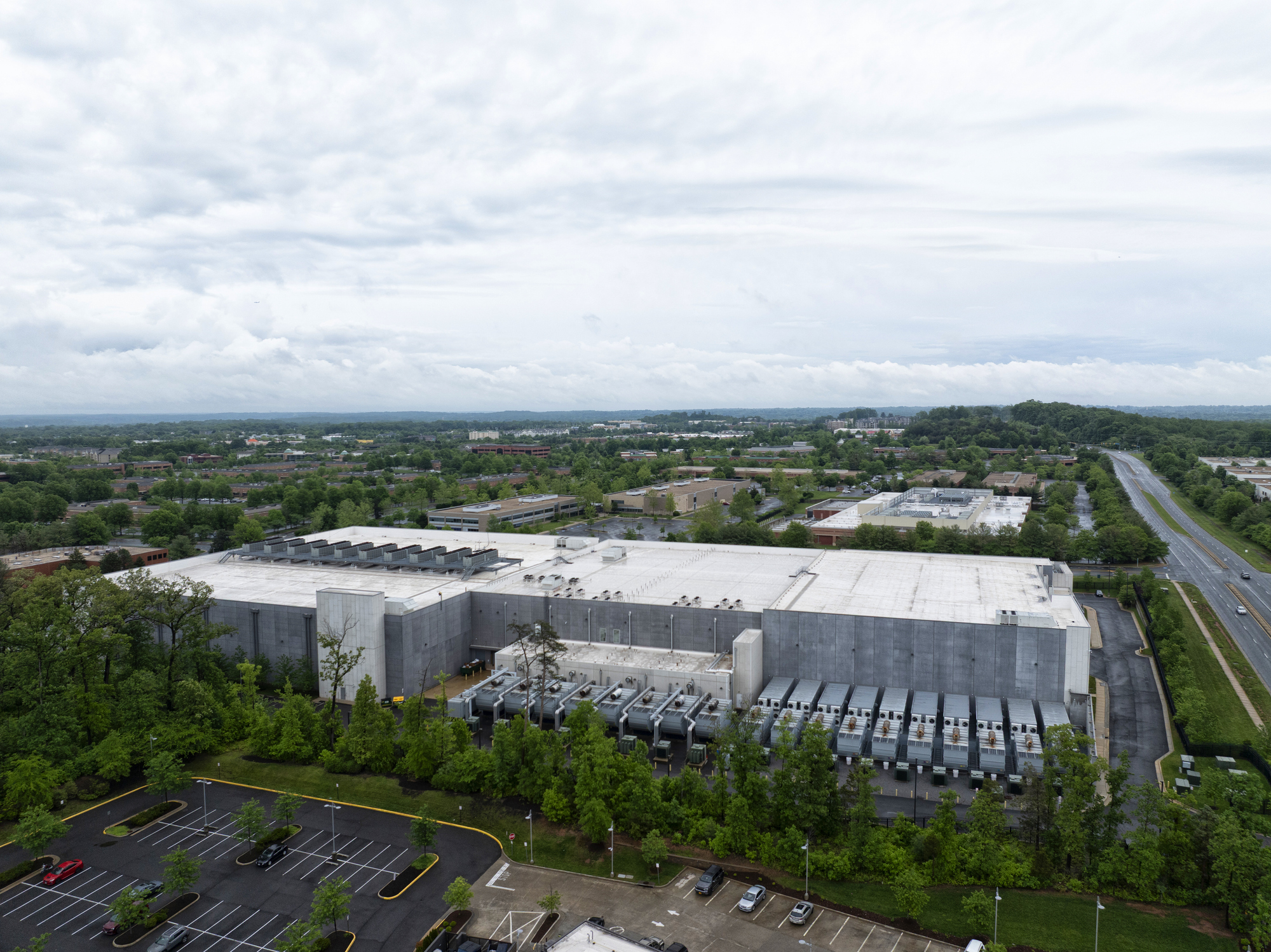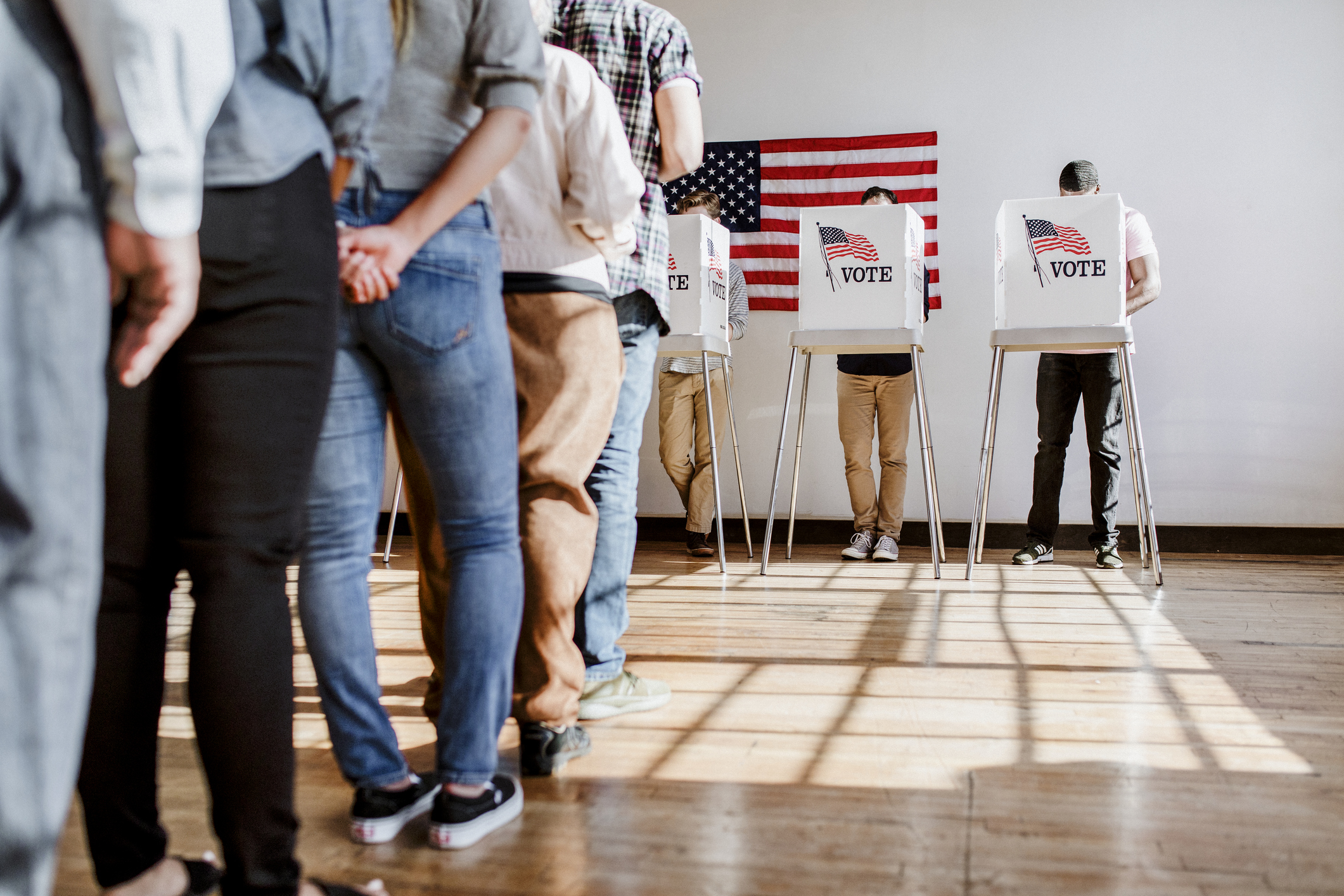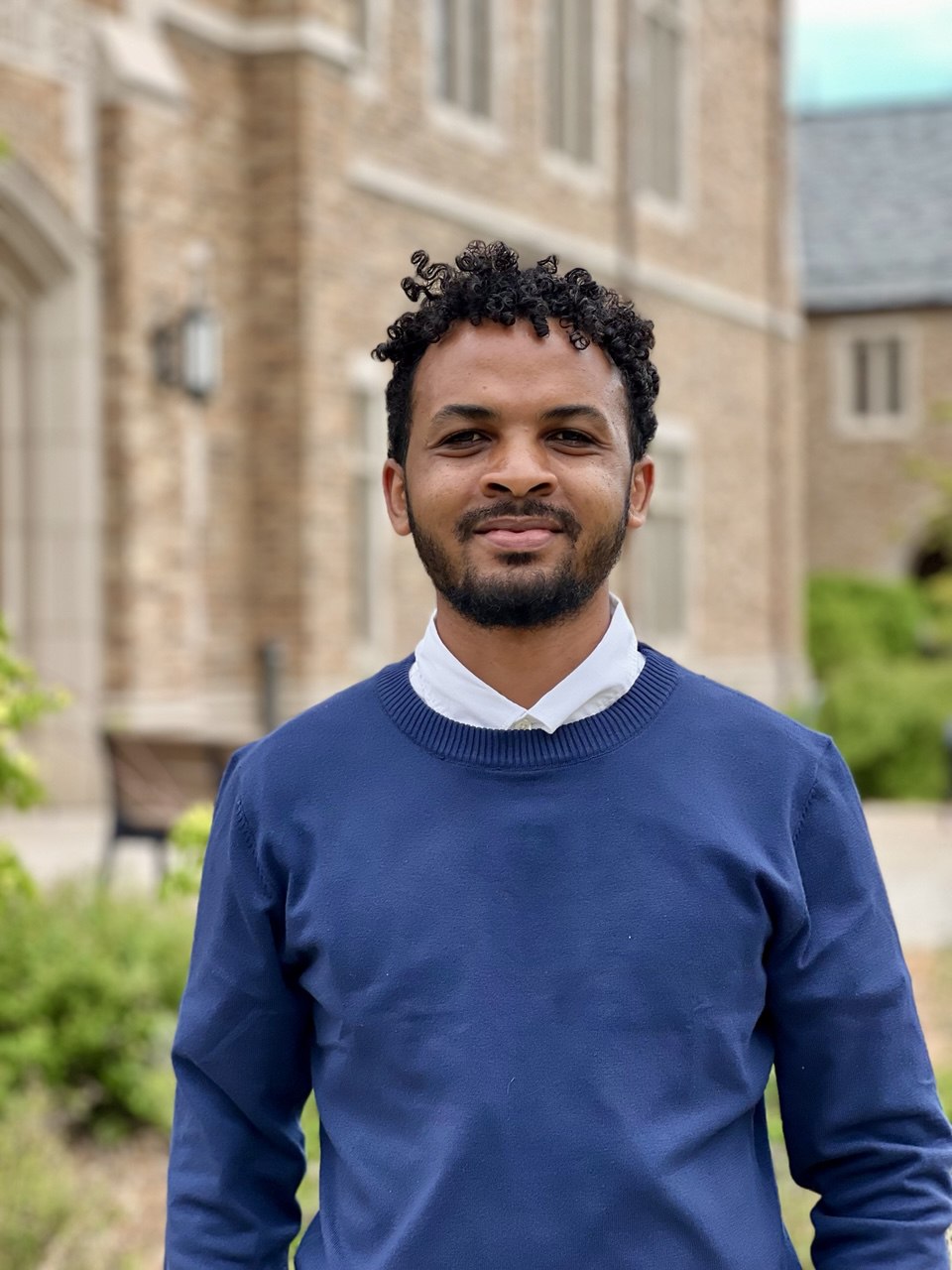There aren’t many people who can say they’ve advised policymakers from the post-World War II era to the present day. Even fewer can claim to have helped shape the foundation of an academic institution. But Dr. Laurin Henry can.
Dr. Henry is a former professor who served as dean of VCU’s School of Community Services from 1978 to 1986, which later became the Wilder School. At 103 years old, he remains as sharp and insightful as ever. A scholar of presidential power and executive transitions, he spent decades shaping the way governance is understood.
His distinguished career includes serving as a professor at the University of Virginia before becoming dean of the School of Community and Public Affairs at VCU. A respected leader in public administration, he was elected a Fellow of the National Academy of Public Administration (NAPA) and served as president of the National Association of Schools of Public Affairs and Administration (NASPAA). His leadership and scholarship have left an enduring impact on the field. This past October, a group of doctoral students from the L. Douglas Wilder School of Government and Public Affairs had the extraordinary opportunity to visit Dr. Henry at his home. They came prepared to listen, to learn. But what didn’t they expect?_436w.jpg)
He was just as eager to listen to them. The visit, attended by RaJade Berry-James Ph.D., senior associate dean of faculty and academic affairs, Elsie Harper-Anderson Ph.D., director of the public policy and administration Ph.D. program; Director of Development Stevan Dozier; and doctoral students James Lambert, Casey Lopez, Anila Surin, Devin Bowers and Zehra Sahin Ilkorkor, was an exercise in both history and mentorship. For Surin, an international student, the experience carried more meaning than she anticipated. “It was deeply meaningful that Dr. Henry took the time to ask about my experience as an international student,” she says. “His thoughtful questions made me feel truly seen and valued.”'
Lambert was struck by Dr. Henry’s legacy. “Sitting next to him reminded me that my work isn’t just for today — it’s for future generations,” he says.
And Lopez was struck by something else — his curiosity. “His deep curiosity stood out. He wasn’t just sharing his knowledge — he genuinely wanted to hear about our research and perspectives, which made the conversation incredibly meaningful,” she says.
A warning for the future
It was just weeks before the 2024 presidential election, and Dr. Henry, having spent decades analyzing executive power, made a striking observation.
“He said we could expect rules to be broken,” Lopez says. “That, as public servants, we have to be both vigilant and innovative.”
His message was clear: old frameworks were shifting. Public administrators would need to be ready to rethink the way governance works, adapting to a world where norms were no longer guaranteed. When Surin asked how she and her peers could ensure their academic research translated into real-world policy, Dr. Henry’s advice was both practical and profound. “You need to step outside the academic world.
"Meet people. Talk to practitioners. Find those who care about your work, and you’ll see its impact grow." – Dr. Laurin Henry
Beyond his scholarship, Dr. Henry’s impact is deeply tied to the Wilder School, where he has supported the Ph.D. program for years, creating opportunities for students to engage deeply with public service. For Surin, that dedication stood out. “His compassion for students and
public administration’s future was incredible. I told my friends, ‘He is a national treasure,’” she says.
In the end, the visit was more than an academic exercise. It was a rare glimpse into a living history lesson, a bridge between generations and a reminder that the most important leaders aren’t just those who shape policies but those who shape people.
Editor’s note: We are saddened to share that Dr. Laurin Henry passed away on Friday, April 11, 2025.



